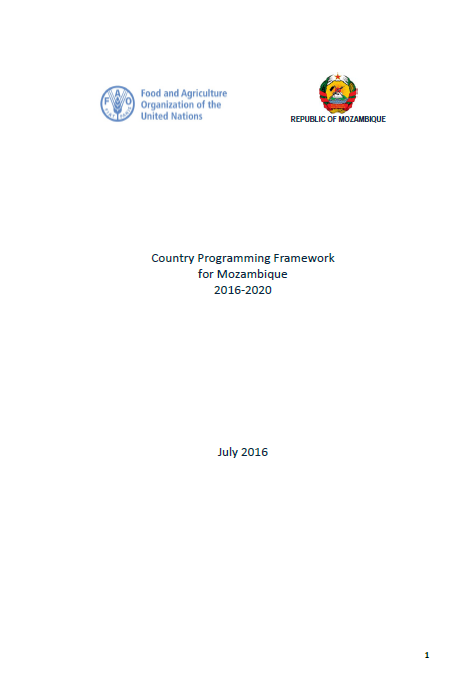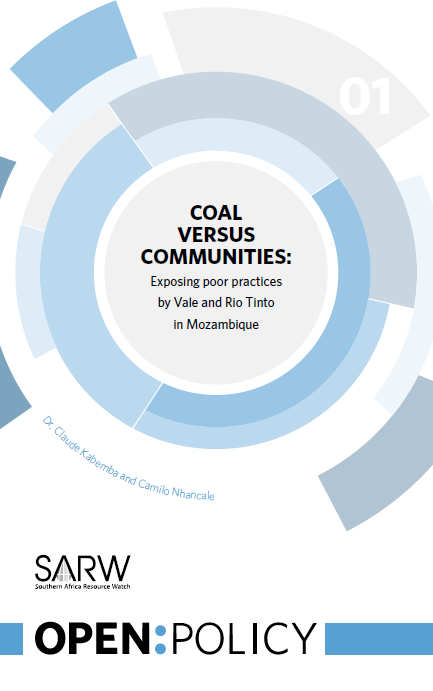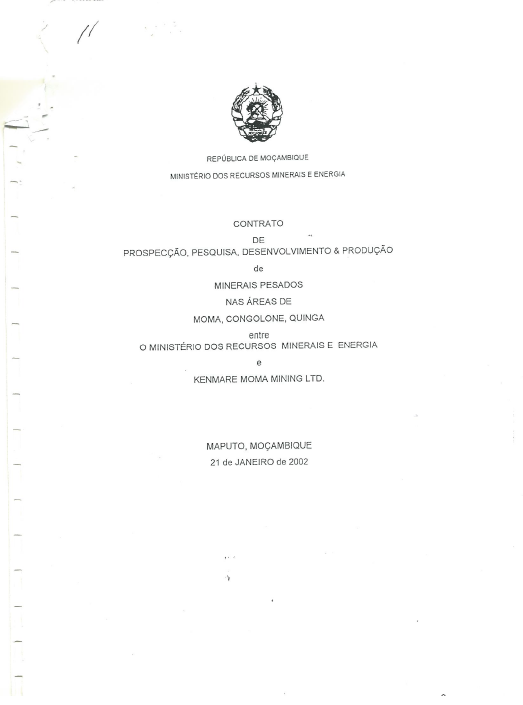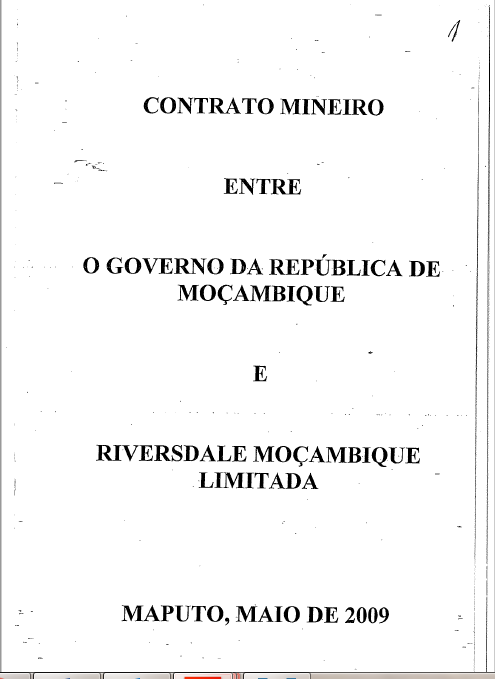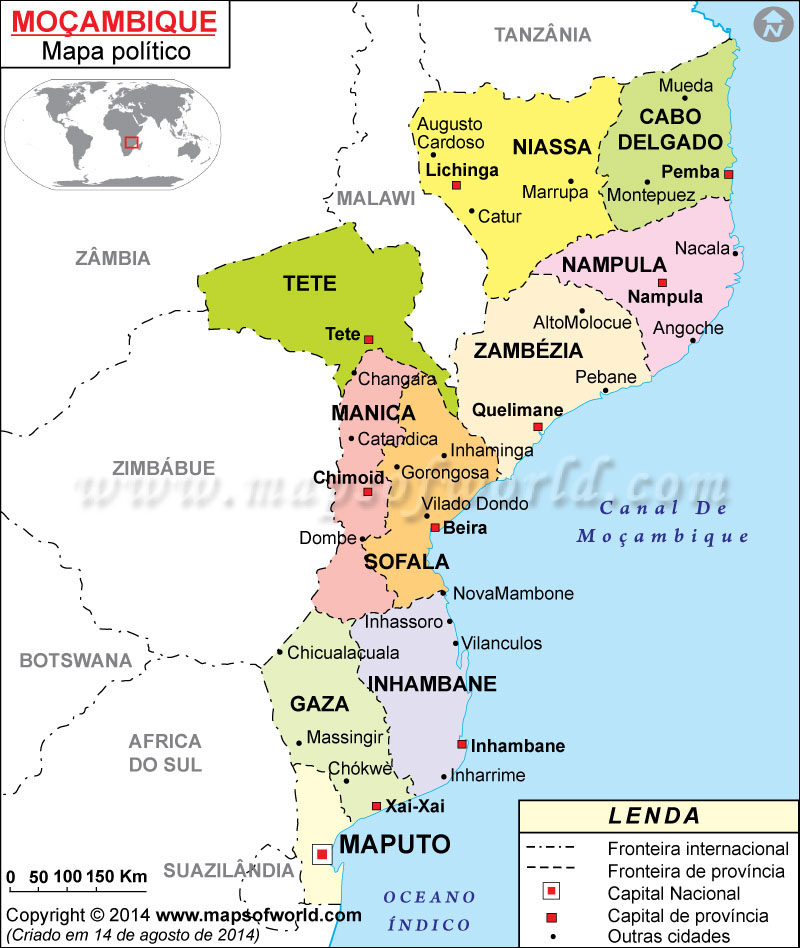Country Programming Framework for Mozambique
This Country Programming Framework (CPF) sets out three government priority areas to guide the United Nations Food and Agriculture Organization (FAO) partnership and support with the Government of Mozambique – bringing together innovative international best practices and global standards with national and regional expertise during 5 years from 2016 to 2020.

